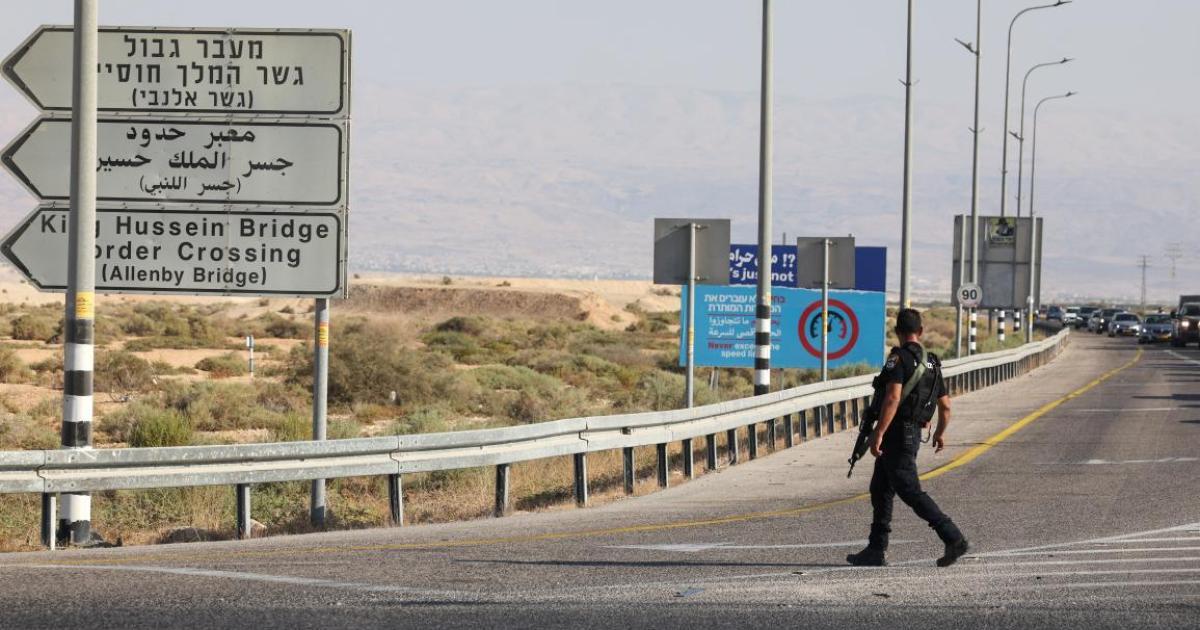
Mohammad Abu Rumman: The“Bridge Operation” As A Mirror Of Regional Transformations, Not Just An Isolated Act
According to Abu Rumman, early indications suggest that al-Qaisi was not affiliated with any organized political party or movement. Rather, the attack appears to have been a lone act driven by outrage and moral shock at Israel's ongoing, blatant assault on Gaza. Still, he stresses, it would be a mistake to view the incident outside the wider local and regional context.
He points out that Jordan has recently witnessed a series of interconnected developments: two young members of the Muslim Brotherhood attempting to mobilize on the ground; the case of Maher al-Jazi; weapons manufacturing and smuggling networks linked to sympathizers with Hamas; and arrests among jihadist Salafist circles. Taken together, Abu Rumman writes, these events reveal an accumulation of public anger and frustration that is no longer confined to a single group. Instead, it cuts across generations, social classes, and educational backgrounds, forming a growing national mood of resentment and unrest.
On the Israeli side, Abu Rumman notes, the immediate attempt to frame the bridge attack as a product of Jordan's“incitement rhetoric” reflects Israel's own political shifts. In recent weeks, Israeli media and political discourse-particularly among right-wing and Christian Zionist circles-have increasingly targeted Jordan, alongside Qatar and Turkey, amid heightened tensions with all three countries.
Abu Rumman situates these developments in a broader regional frame. He argues that the Trump administration, through the president's own statements and those of Secretary of State Mike Rubio, has effectively given Prime Minister Netanyahu a green light to pursue policies of displacement and mass violence in Gaza-while also advancing plans to annex the West Bank and potentially dismantle the Palestinian Authority. Despite media chatter about rifts between Trump and Netanyahu, the reality, Abu Rumman contends, points to deep alignment between Washington and Tel Aviv. This dynamic only fuels widespread anger in the region, not just toward Israel but also toward the United States and Arab governments unable or unwilling to confront this critical moment.
At the same time, Abu Rumman highlights some early signals of Arab and Islamic realignment: closer coordination between Jordan and Qatar, the new Saudi–Pakistani defense pact following the strike on Qatar, and the rhetorical sparring between Netanyahu and Turkey's President Erdogan. He sees these as initial steps toward building a regional coalition capable of challenging Israel's policies. However, he warns that these moves remain scattered and must be consolidated into a coordinated political front that can raise the political and economic costs of Washington's unconditional support for Israel.
Abu Rumman concludes that the King Hussein Bridge attack should not be seen as a narrow act of tribal vengeance or spontaneous anger. It is a mirror of broader public sentiment and the product of a dangerous regional moment. If Arab governments continue to remain paralyzed in the face of Gaza's destruction, he warns, events could spiral into harsher scenarios that threaten domestic stability. The real challenge, he argues, lies in channeling this public anger into an organized political force and regional alliances capable of reshaping the balance of power.

Legal Disclaimer:
MENAFN provides the
information “as is” without warranty of any kind. We do not accept
any responsibility or liability for the accuracy, content, images,
videos, licenses, completeness, legality, or reliability of the information
contained in this article. If you have any complaints or copyright
issues related to this article, kindly contact the provider above.

















Comments
No comment